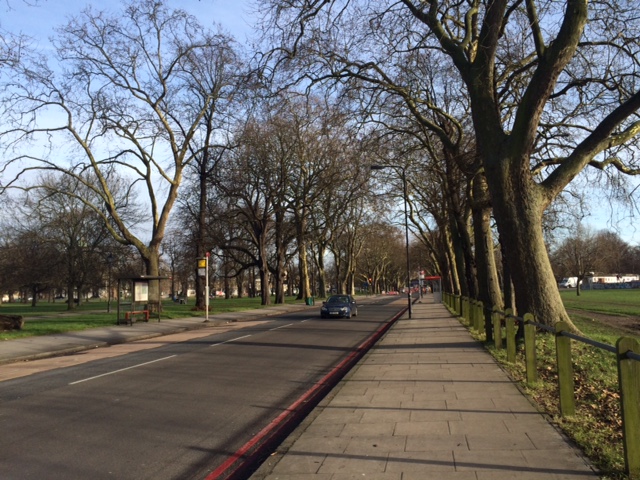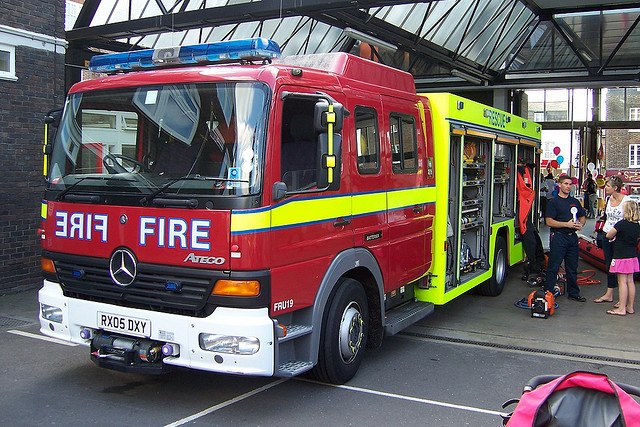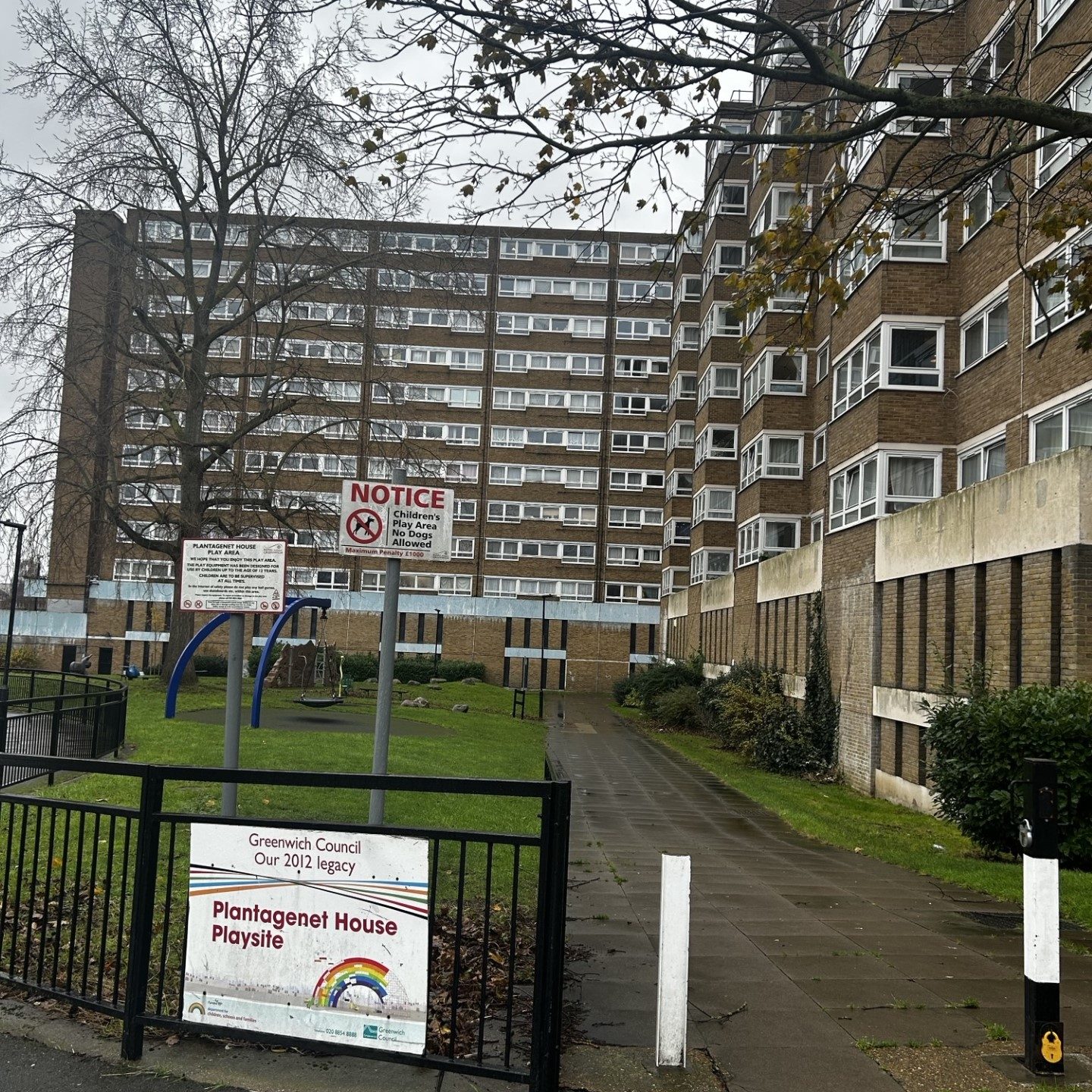
Plantagenet House playsite built in 2012, next to the Plantagenet House flat in Woolwich Dockyard. Pic: Jathneil Bossman-Okai
Being young in Woolwich can be difficult business and Akin and Faye know this better than almost anyone.
Akin, 17, is a black male, and is constantly stopped by the police for random searches.
Faye, 19, is a white female, and says Woolwich residents like herself are labelled “chavs”.
Akin said: “Being a young black boy in this area leads to a lot of discrimination by the police. There has been times I have taken a quick visit to the shops and I have been wrongly judged by the police and stopped and searched.”
Faye said: “Growing up in Woolwich I found felt shaming. I would automatically be judged on my living conditions and quality of life, when a majority of the time there was no difference between me and the other person except a postcode. As well as this, I always felt angered by people always negatively criticising Woolwich based on stigmas and arrogance.”
Part of the problem lies in the reality of Woolwich. According to Police data, in October, there were 340 crimes reported, with violence and anti-social behaviour running neck and neck as the most reported crimes in Woolwich.
Newsshopper, a local newspaper outlet that covers south-east London, released figures that show Woolwich to be the most dangerous area in the Greenwich Borough, with a crime rate of 169 per 1000 people, which is very high compared to everywhere else in the borough.
Black people, such as Akin, are often targeted by the police, which leads to him getting discriminated against.
In the whole of Woolwich, there are only two youth clubs. One of them being the Young Men’s Christian Association (‘YMCA’).
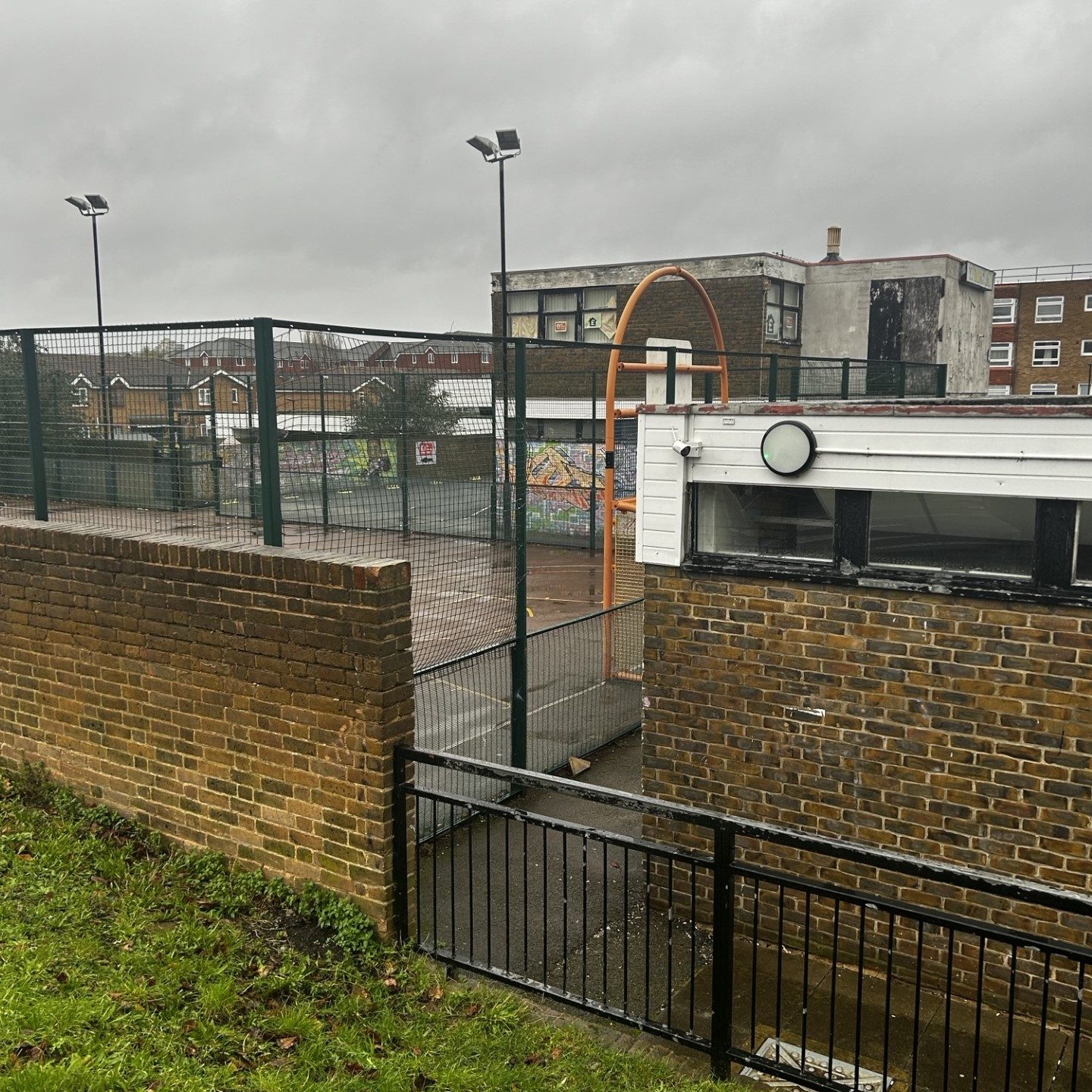
The outside of the YMCA building and the football cage. Pic: Jathneil Bossman-Okai
YMCA Woolwich, which has been in Greenwich for nearly half a century, provides work and housing for young people aged 10 to 19. but can also help special needs young adults up to the age of 25. Their programmes provide young people with a safe place to meet new friends and develop skills and interests whilst engaging in positive activities. The YMCA also collaborates with other agencies such as Charlton Athletic Football Club, to get young people into football.
George Bossman-Okai, who worked in the YMCA for three years from 2006, says its purpose is to keep young children off the streets. It’s “also a place where young people get mentoring,” he added, noting that crime was rising due to government funding cuts for youth work.
“Young people are left on the streets, which leads to them getting into problems,” Bossman-Okai said.
Jayden Verdades, a 10-year-old who uses the YMCA, says:
“The purpose of the YMCA was to keep young children off the streets, and get them to engage in meaningful activities. The YMCA is also a place where young people get mentoring.” He mentioned.
He also stated that: “There has been an increase of crime due to Government cuts in youth work… therefore young people are left on the streets, which leads to them getting into problems.”
Jayden Verdades, a 10-year-old kid, uses the activities given to him in the YMCA. He said: “I like it a lot, because it helps me find new friends to play with, and because it’s fun… They are very kind and helpful, they help me with a lot of things, and they also keep me out of trouble.”
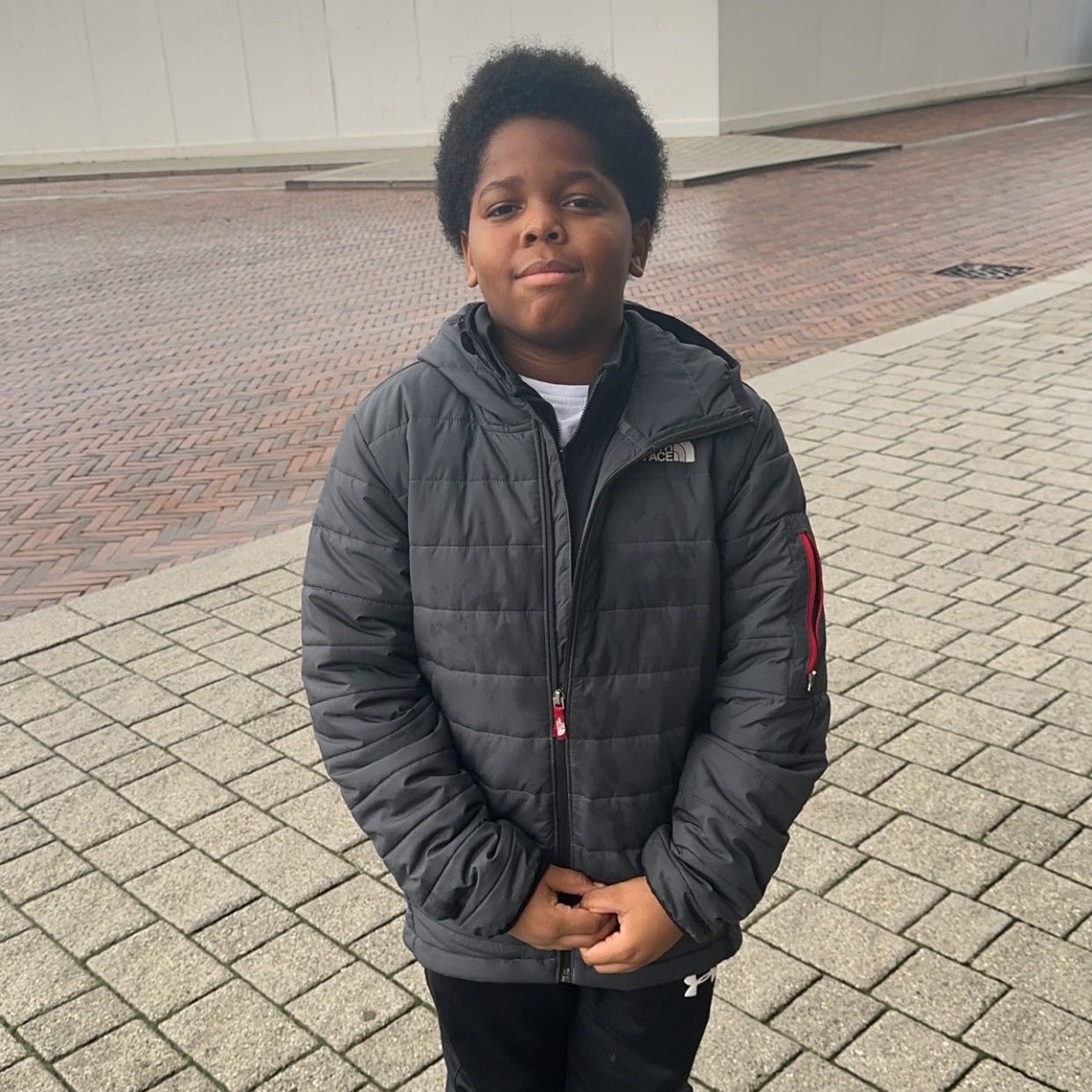
Picture of Jayden Verdades, outside of his home. Pic: Jathneil Bossman-Okai
Police tend to try and crack down on crime doing Section 60 stop and searches, however, a global data and business intelligence platform, statista.com , released a statistic which showed Black people being six times more likely to be stopped and searched, than White people.
